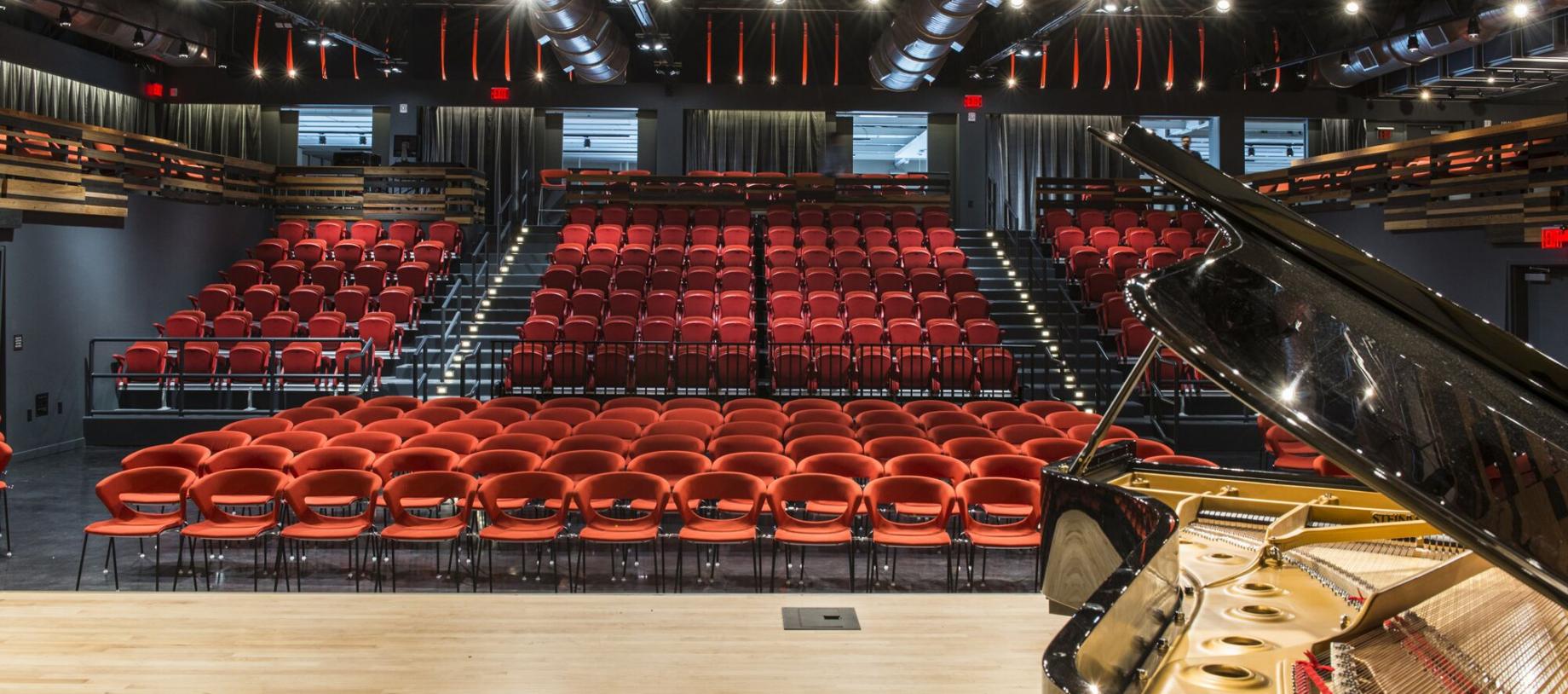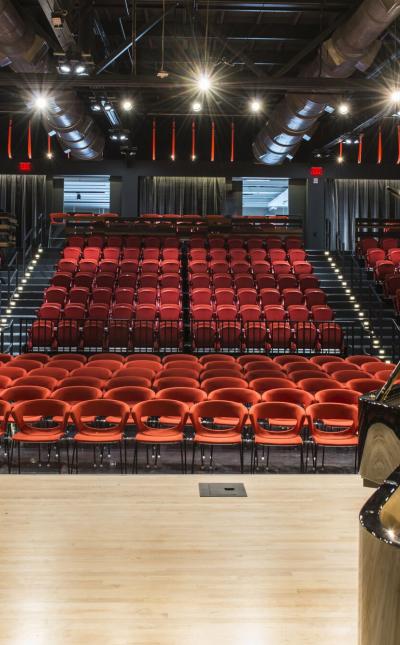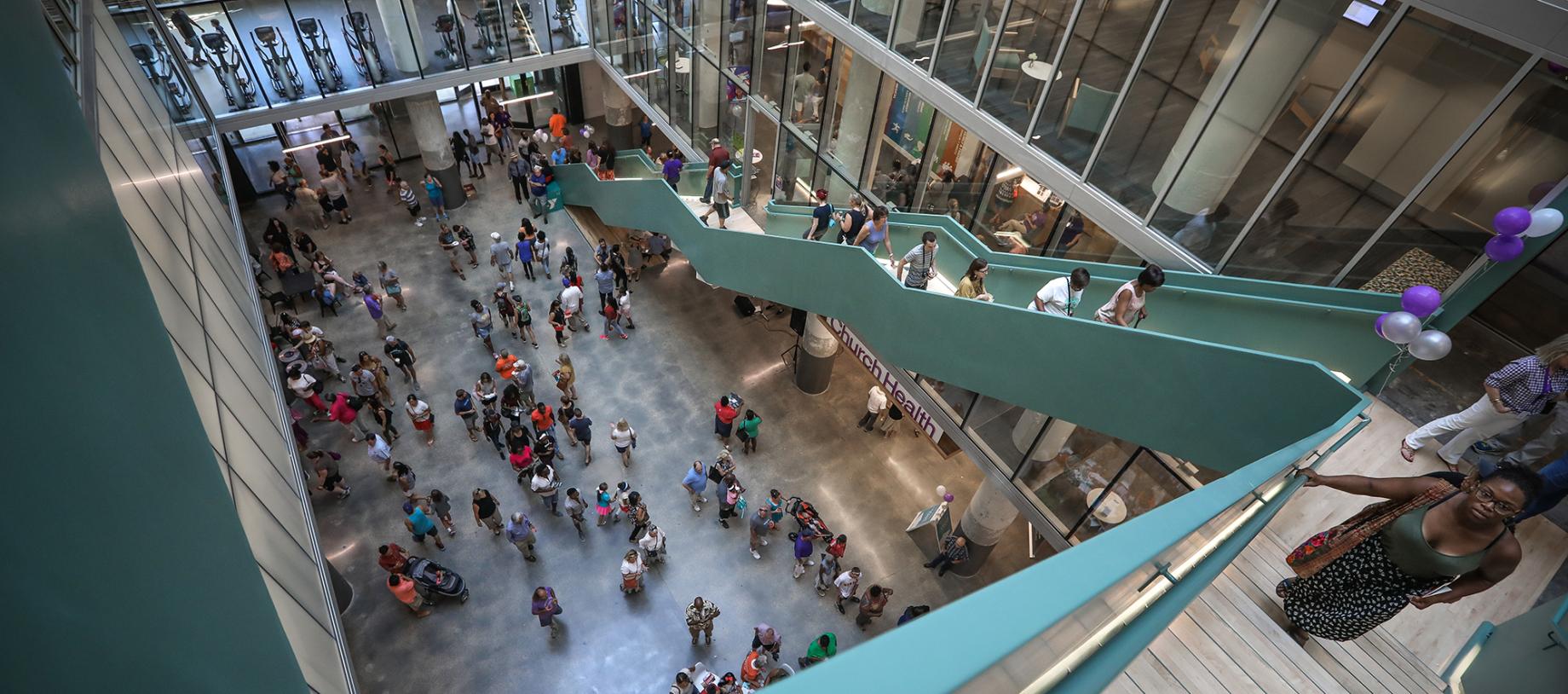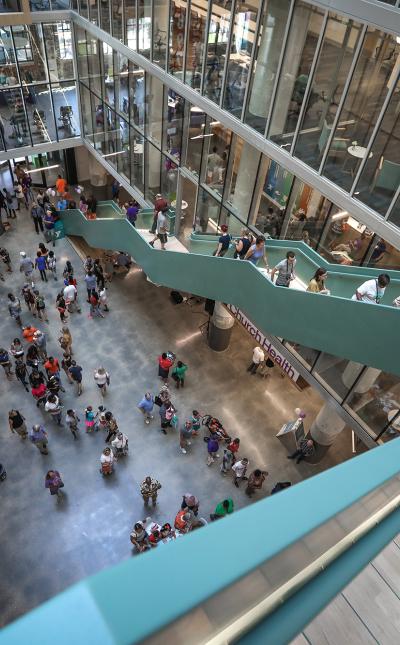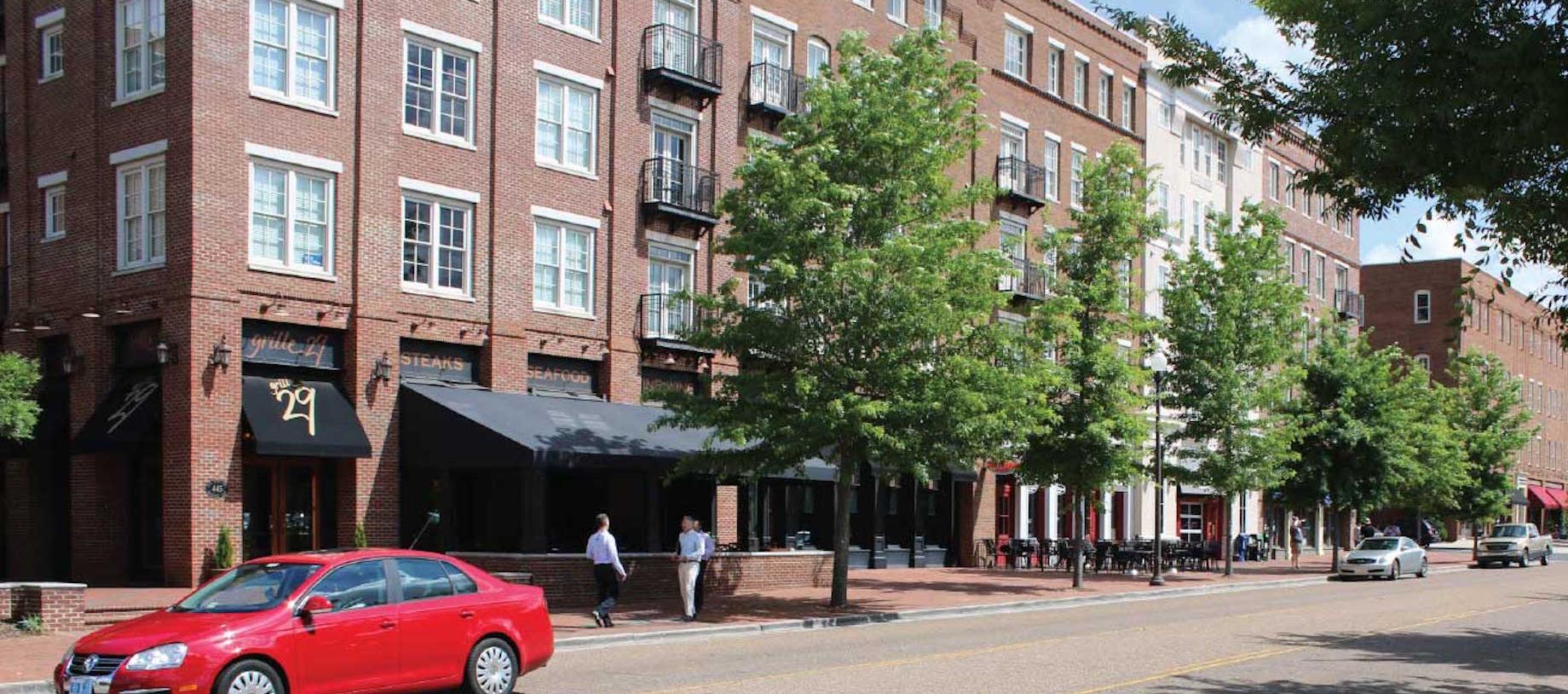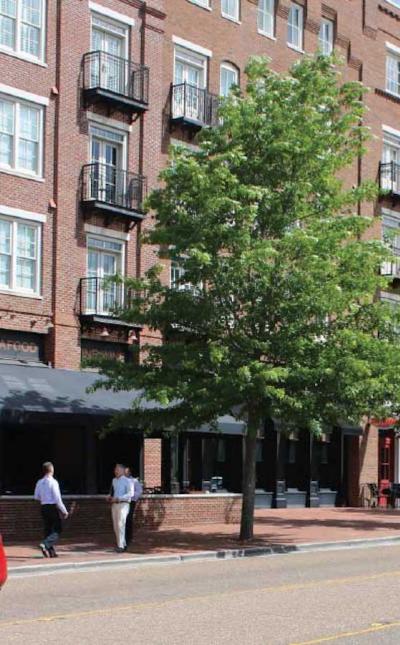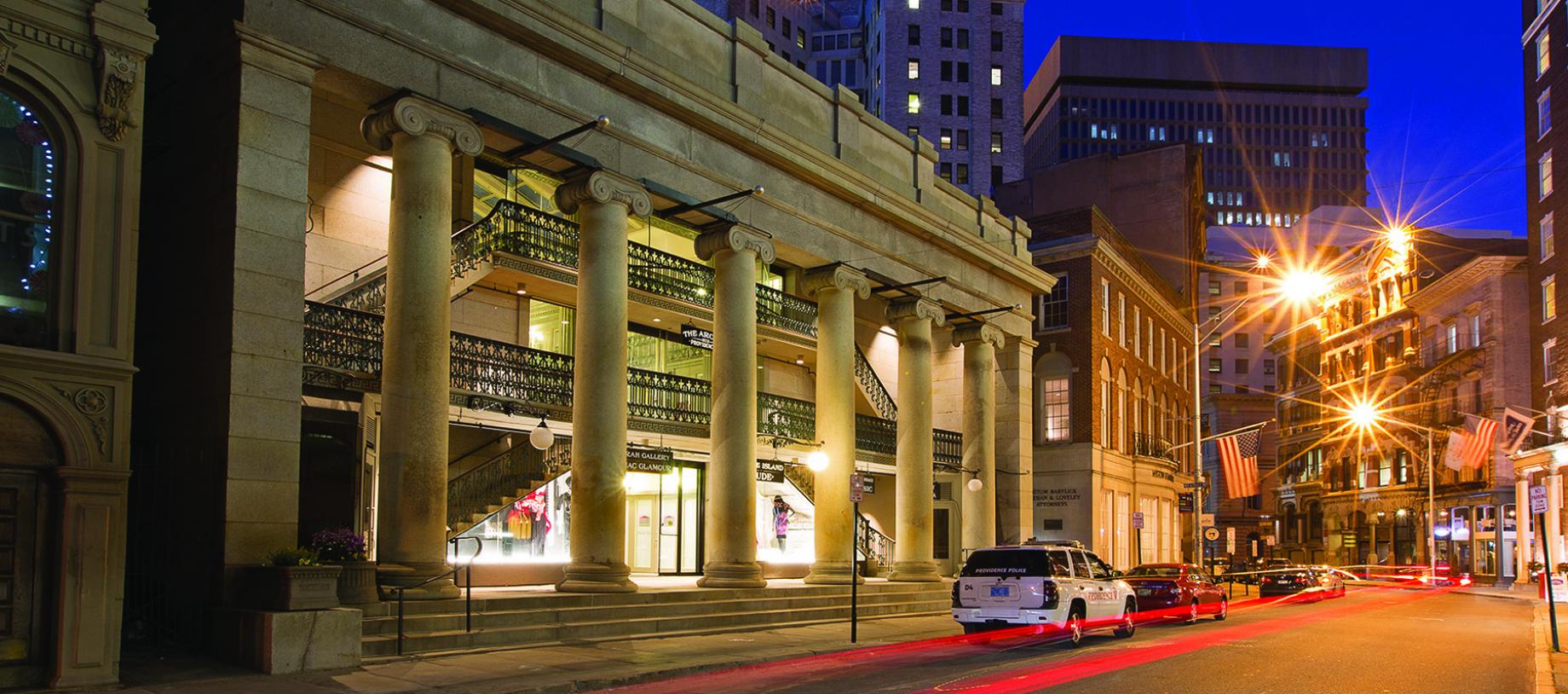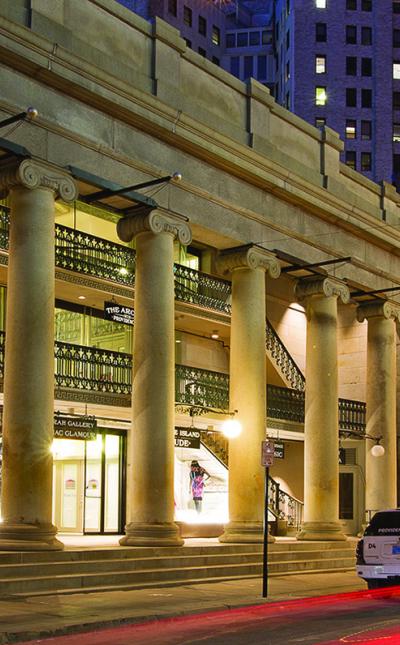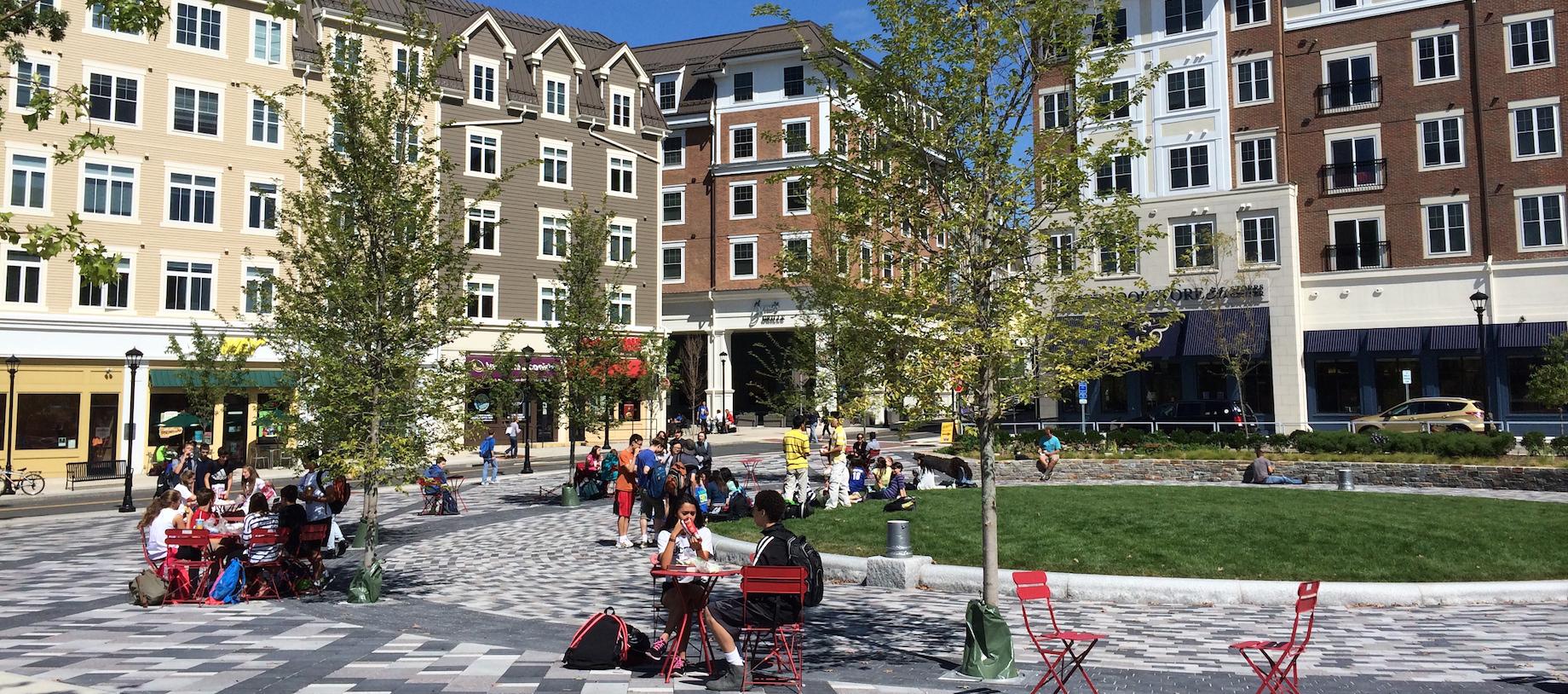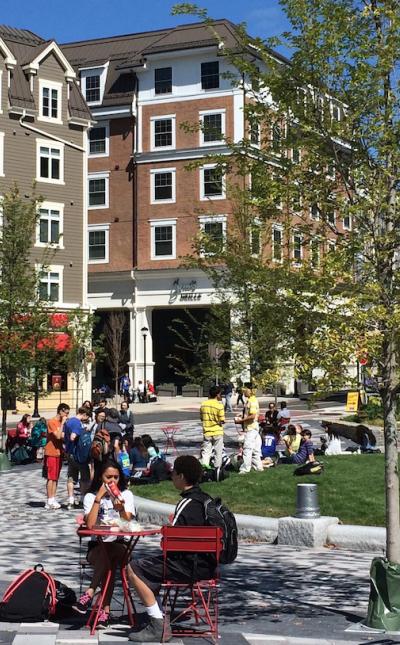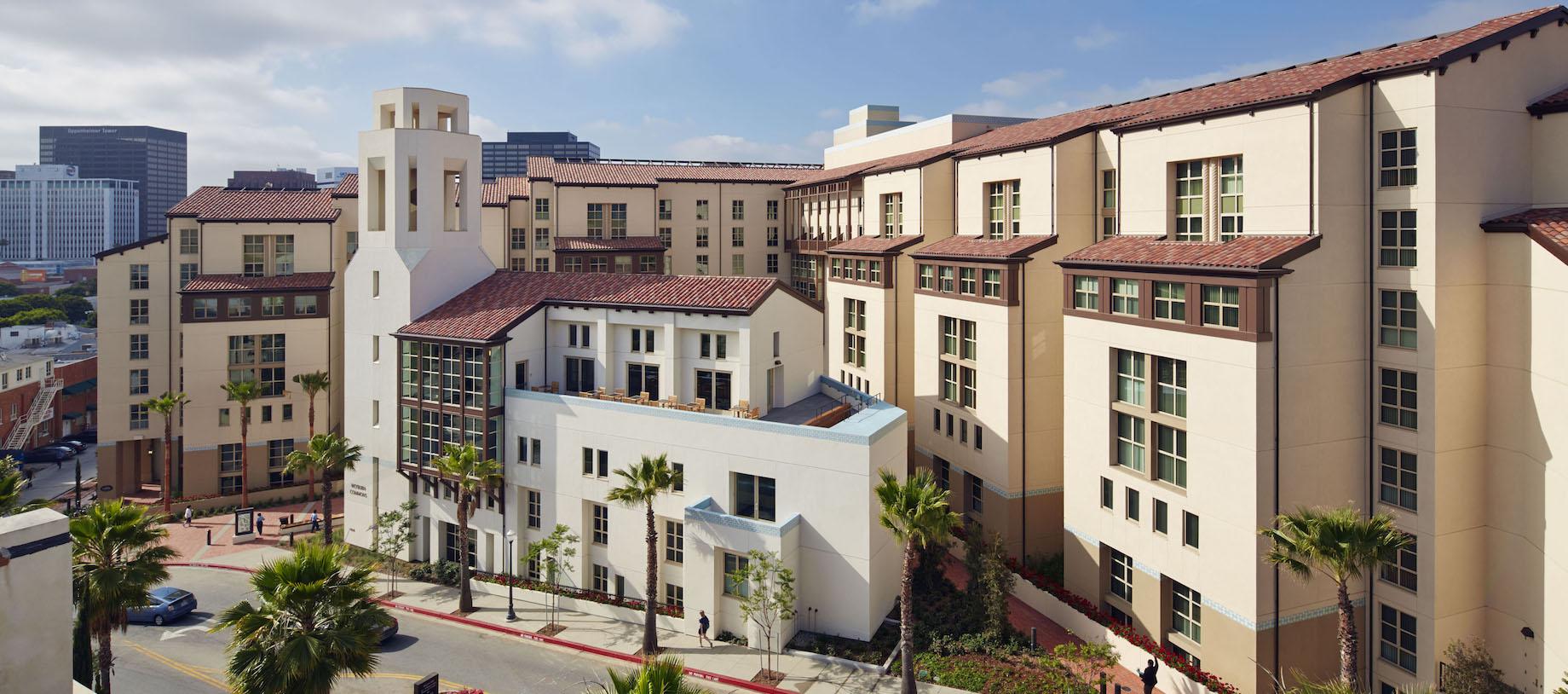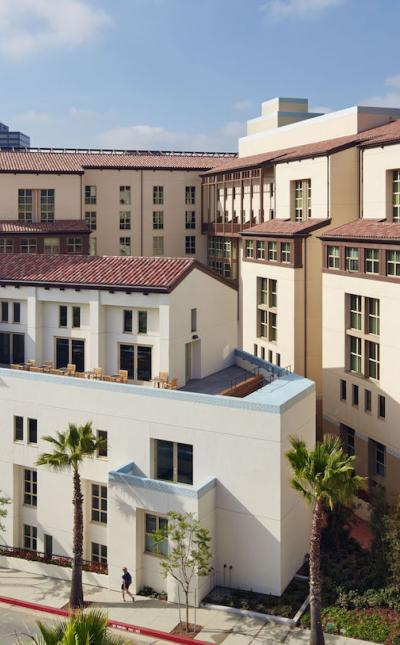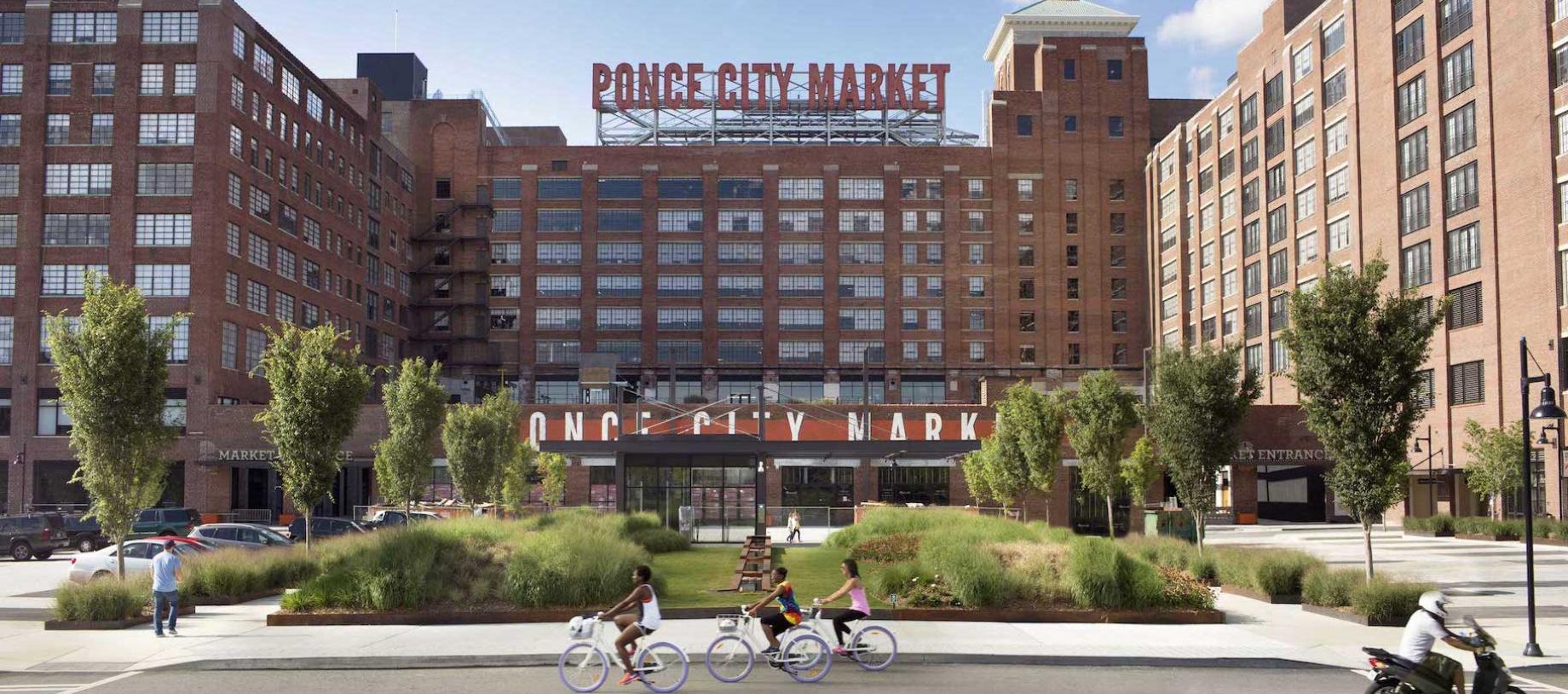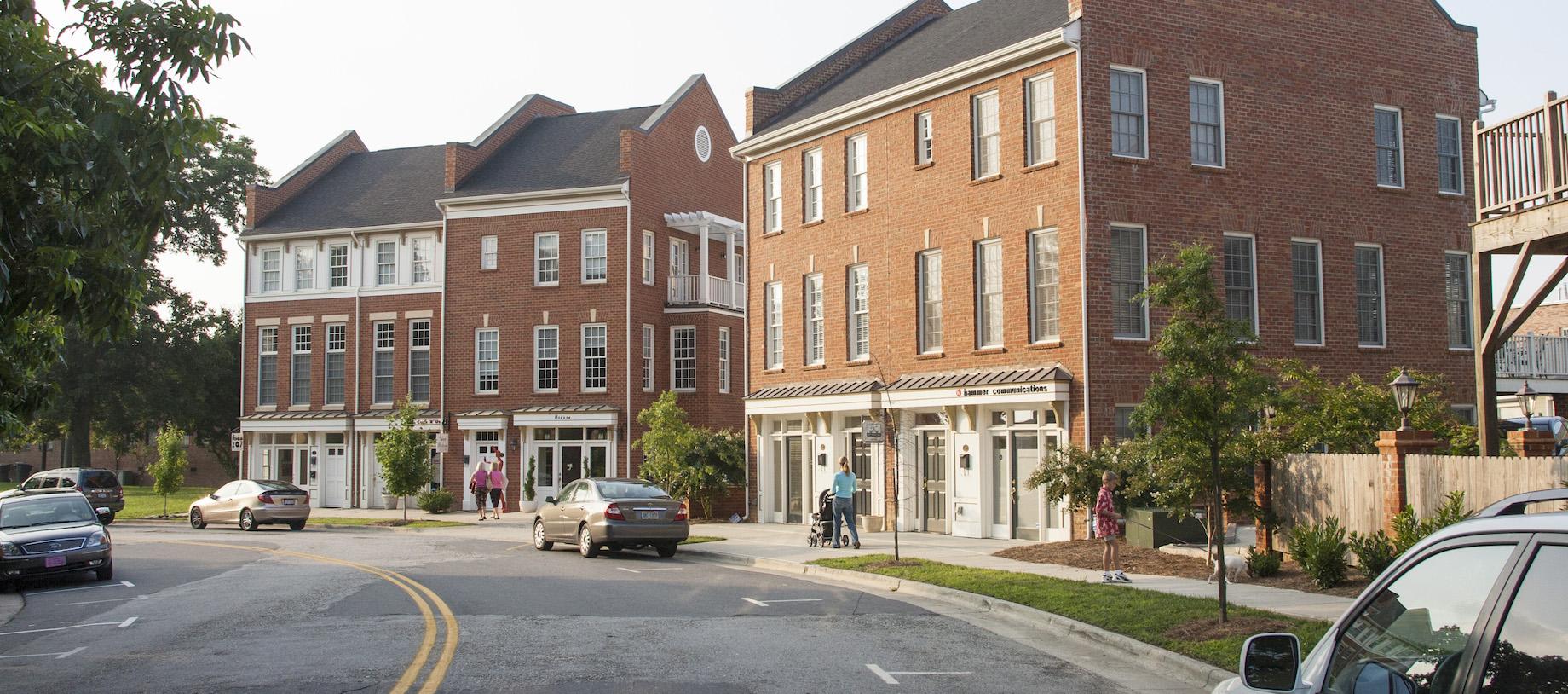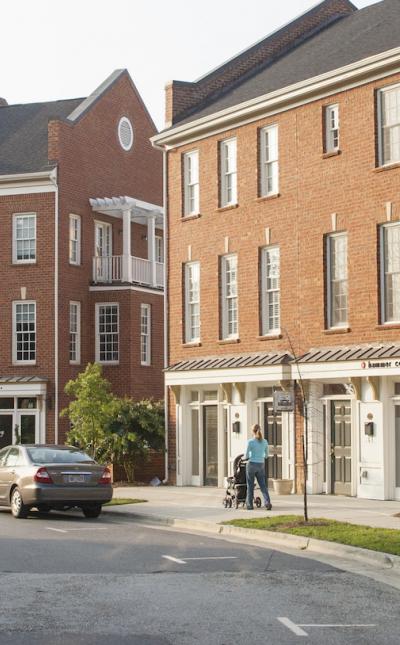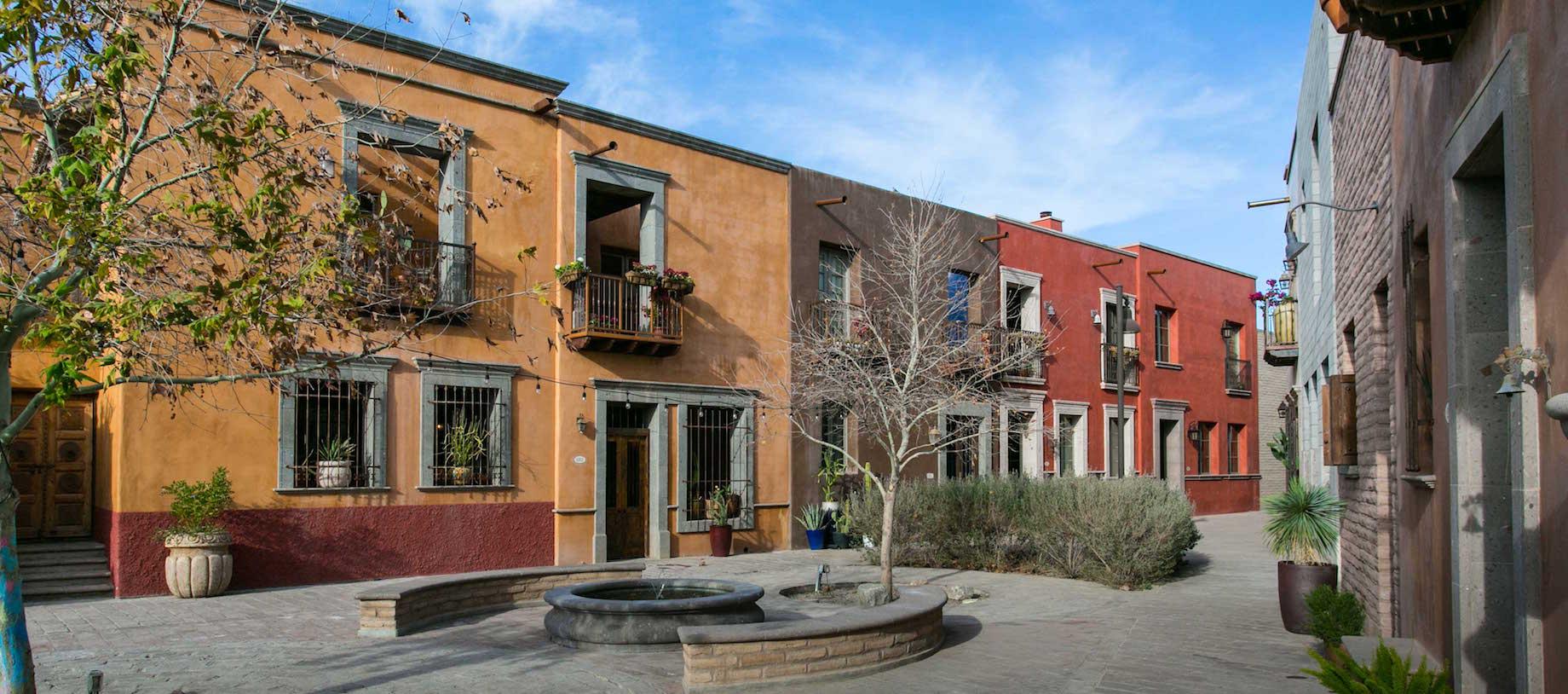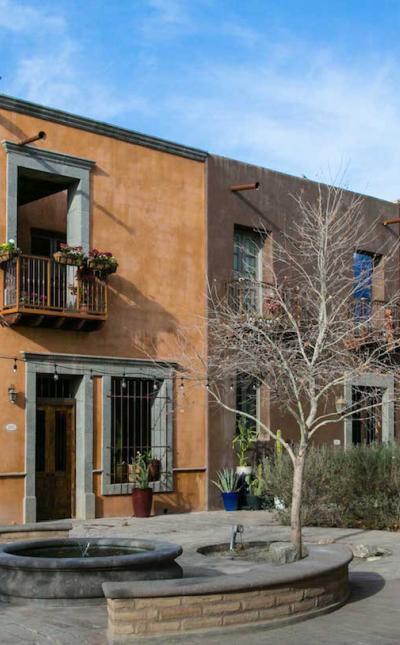Implementing New Urbanism requires effective communications. Revitalizing a downtown, building a mixed-use neighborhood, or reforming zoning codes, for example, call for public support and approval.
Changing demographics and markets support the case for New Urbanism. In the book Street Smart (2015), author and transportation engineer Sam Schwartz notes: “Whenever I meet civic leaders in transit-poor cities and suburbs, I tell them, ‘If you don’t want to lose your children, invest in transportation that doesn’t depend on the automobile. Build walkable town centers.’ That has been my most effective line in getting hard-core drivers to sit up and listen.”
Urbanist David Dixon of Stantec is a champion for changing the suburbs, which need land-use reform to meet changing demographics and markets. Dixon tells these communities them that their communities can make necessary changes without harming a blade of grass on a single lawn. In the Bridge Street District of Dublin, Ohio, Dixon's team helped paint a picture for the community of a walkable town center "not as undoing Dublin’s suburban character but adding a new layer to it,” according to the book Suburban Remix.
The message can take the form of an “elevator pitch,” which can be stated in just a minute or two. New Urbanism “is about building sustainable places where people love to walk, like [name a beautiful nearby historic neighborhood],” is one example.
In a public presentation or published article, the following characteristics are good for successful communications:
- Keep it simple
- Know your audience: what you say will be different when speaking to baby boomers vs college students.
- Connect with the audience's values
- Reference local places not faraway places, e.g., don’t include slides with palm trees when speaking in Anchorage.
- When speaking to a general audience, e.g., NU 101, go light on numbers and data, use stories and anecdotes. For elected officials, numbers, especially those related to economics, can be very effective.
The tiles below provide more in depth information on best practices on how to communicate new urbanist approaches in way that builds trust, support, and ultimately advocates for a project.

